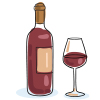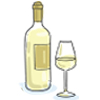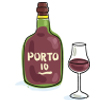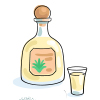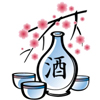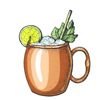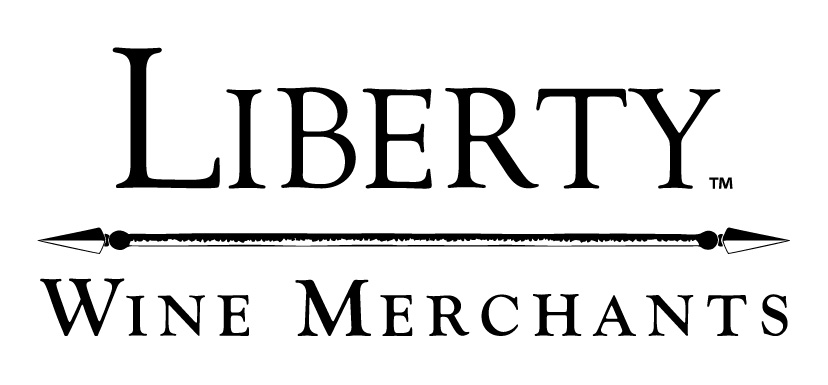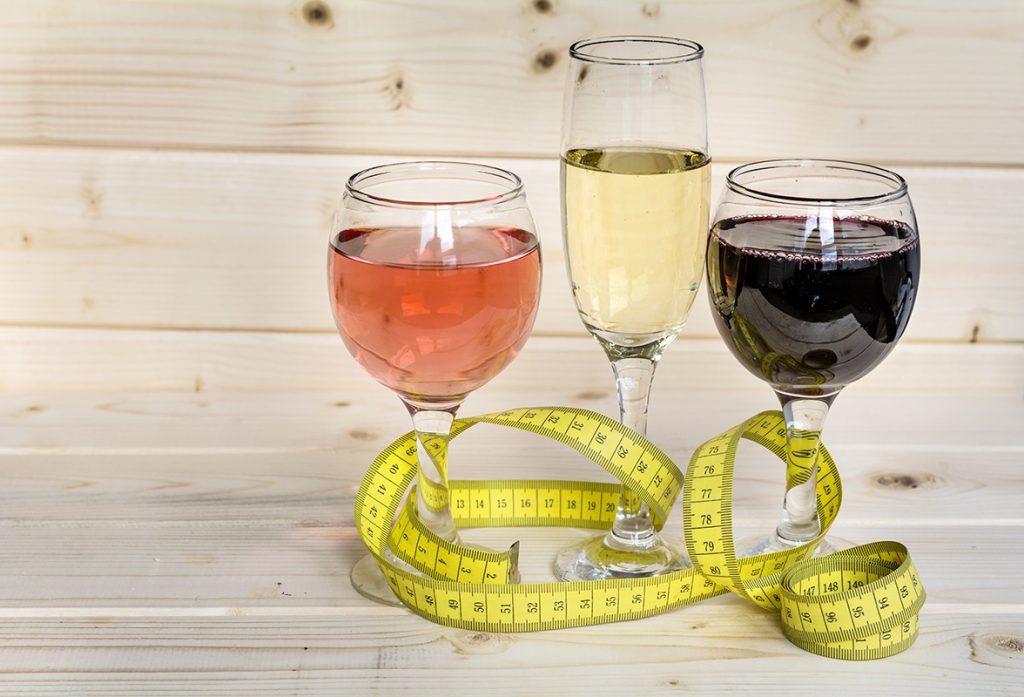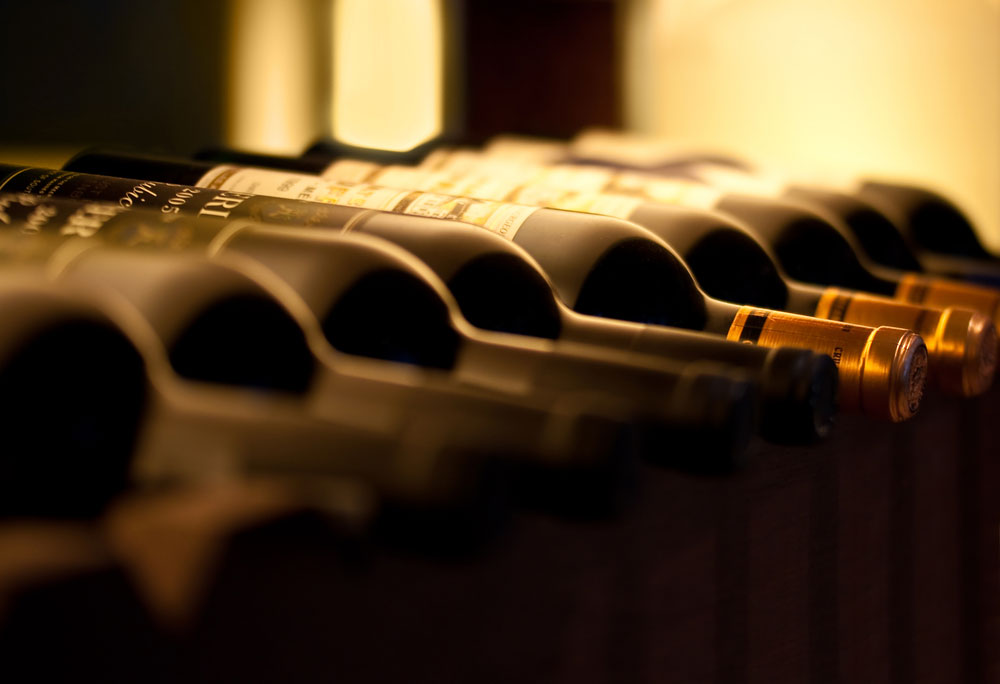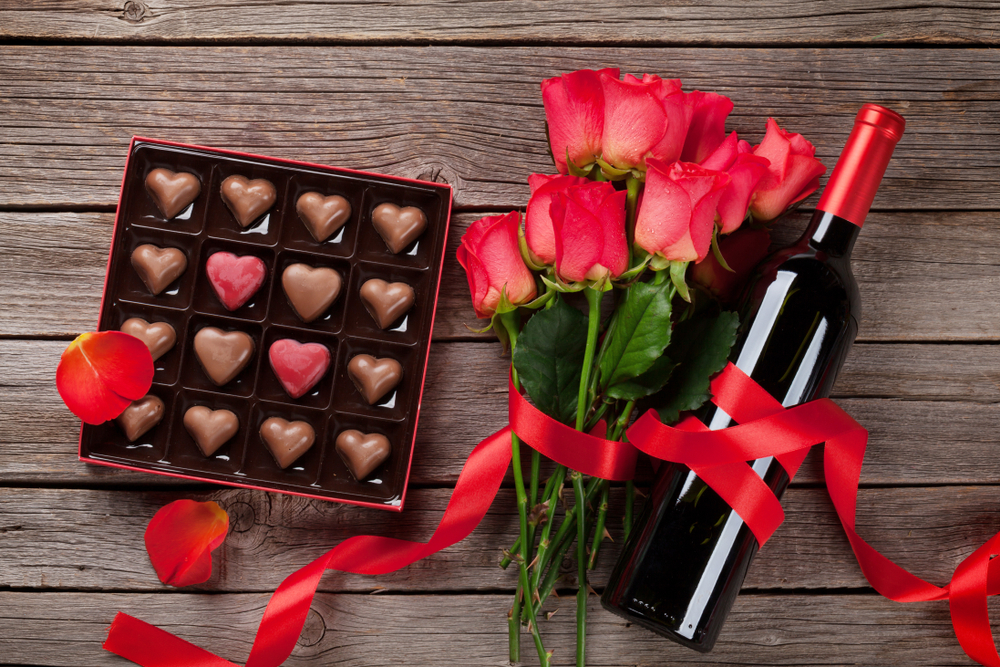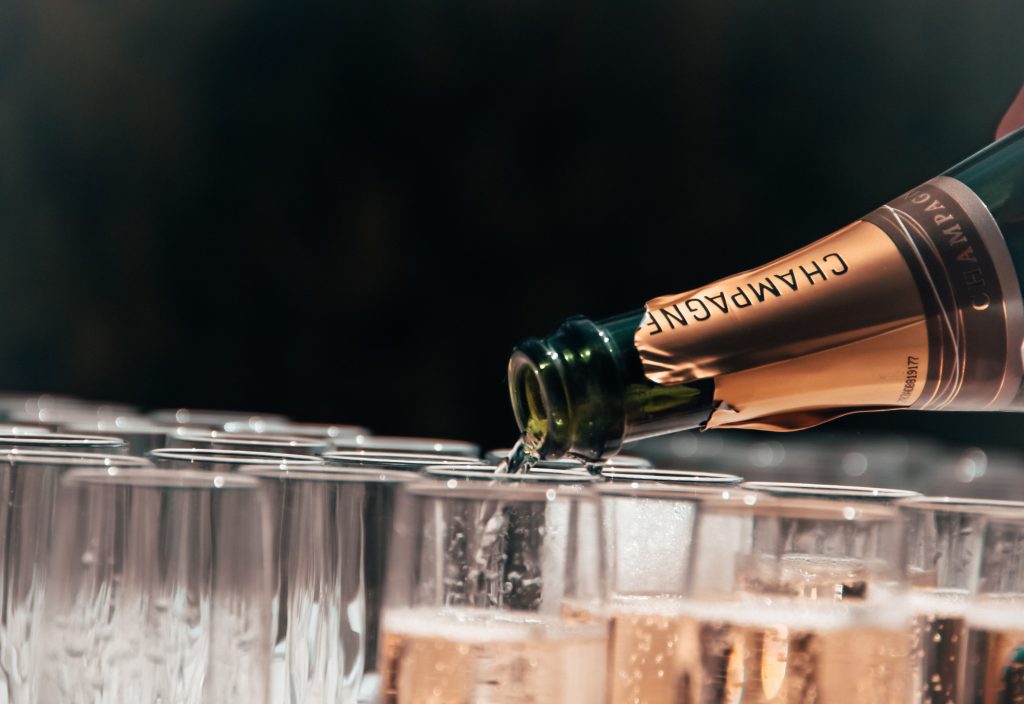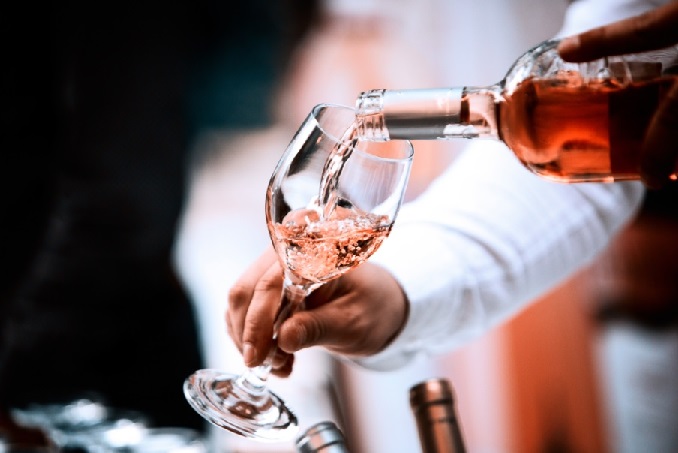The Low-down on Low Alcohol
It’s undeniable that low-alcohol and non-alc wines are carving out their space in the wine industry. Low alcohol wines ranging between 6% and 11% alcohol by volume (ABV), offer a great alternative for those who seek moderation without sacrificing flavour or quality.
Why Choose Low-Alcohol Wines?
- Health and Wellness: Lower alcohol consumption has been proven to improve sleep, enhance liver function, and decrease inflammation.
- Versatility: Low-alcohol wines pair beautifully with a wide range of dishes, from delicate seafoods to Asian inspired dishes.
- Session-able Enjoyment: Their lighter nature allows for extended enjoyment without overwhelming the palate or senses.
Popular Styles of Low-Alcohol Wines
- Riesling: Known for its crisp acidity and vibrant fruit notes, Riesling often comes in low-alcohol versions, especially from cooler regions like Germany.
- We recommend: Egon Muller 1976 Scharzhofberger Spatlese Riesling
- Prosecco: This sparkling Italian favorite often hovers around 10-11% ABV, making it perfect for celebratory moments.
- We recommend: Prapian Col De L’Utia Prosecco DOCG
- We recommend: Prapian Col De L’Utia Prosecco DOCG
- Moscato d’Asti: Sweet, aromatic, and typically around 5-6% ABV, it’s an excellent choice with; or for dessert.
- We recommend: Santa Vittoria 2021 Moscato D’Asti
- Natural Wines: Many producers of natural or biodynamic wines are embracing lower alcohol levels as part of a return to traditional winemaking and catering to a more modern palate.
Tips for Enjoying Low-Alcohol Wines
- Experiment with Pairings: Explore how these wines complement food—they shine with fresh seasonal ingredients, and spicy dishes.
- Serve at the Right Temperature: Whites and sparkling wines are best served chilled, while reds should be slightly cool.
- Know your Terroir: Regions like Germany, Northern Italy, and New Zealand are renowned for high-quality, low-alcohol wines.
Ask your local Liberty Wine Merchants store about their current low alcohol offerings.
